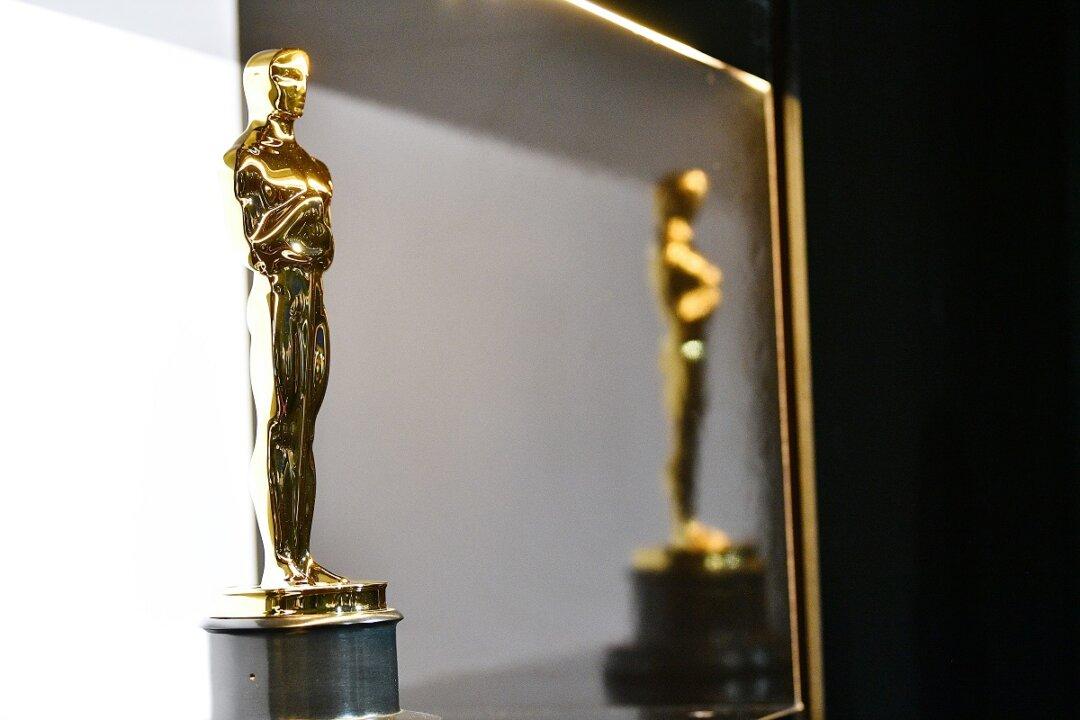LOS ANGELES—Oscar-winning sound mixer Tom Fleischman has resigned from the Academy of Motion Picture Arts and Sciences in protest over the organization’s plans to present Academy Awards in several categories—including sound—prior to the show’s national telecast.
A spokesman for Fleischman, a longtime collaborator with filmmaker Martin Scorsese, confirmed to several media outlets, including The Hollywood Reporter and Variety, that he had surrendered his membership to the organization.





